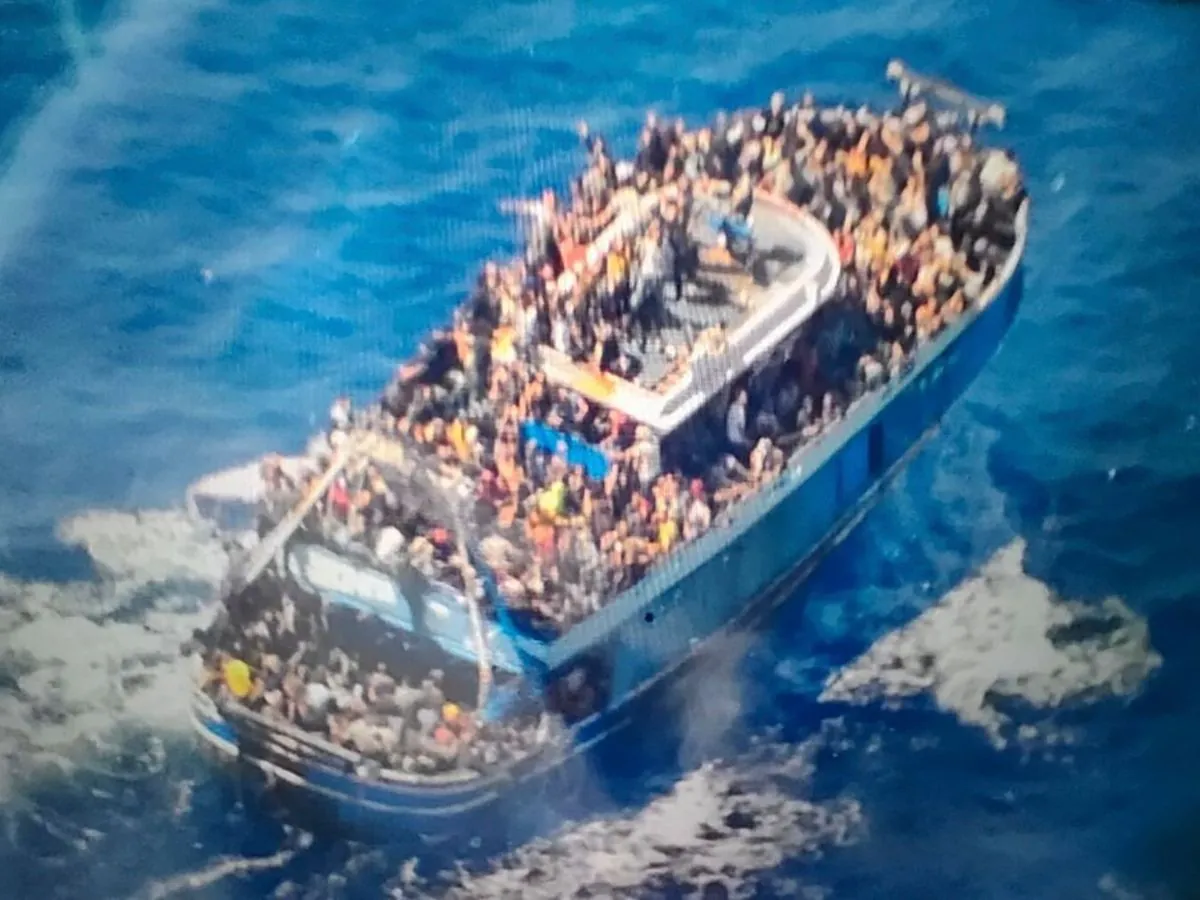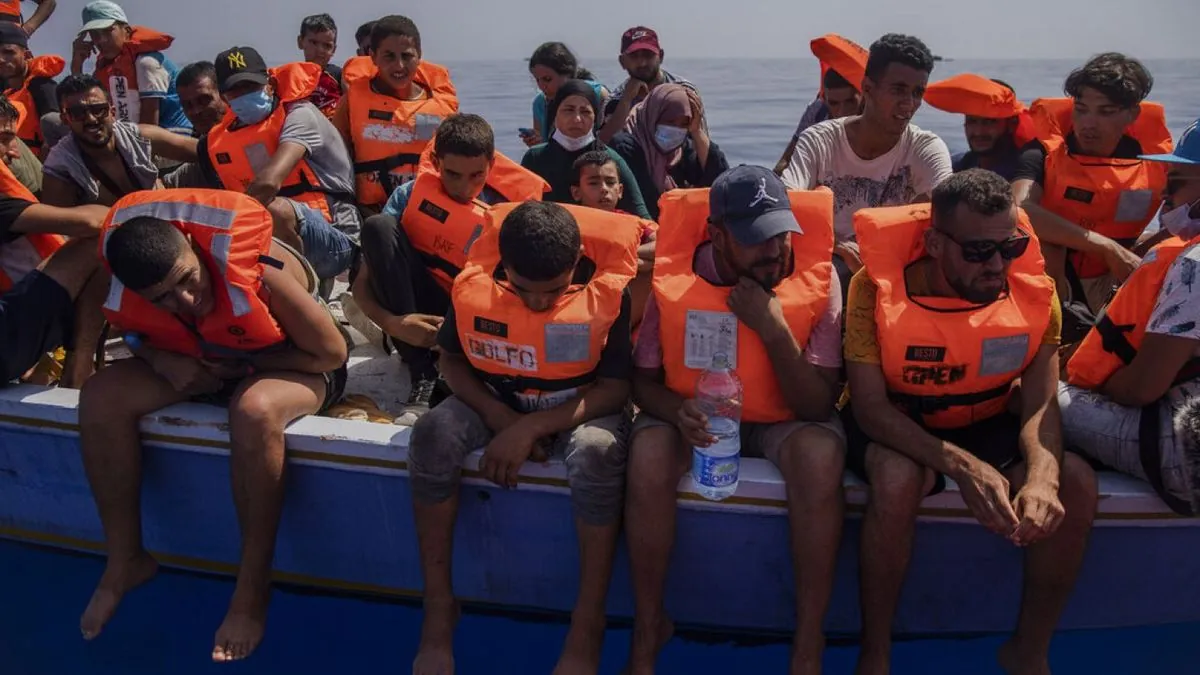13 Migrant Bodies Found on Tunisian Coast Amid Shifting Migration Patterns
Tunisian authorities discovered 13 migrant bodies on the Mediterranean coast. This incident highlights ongoing challenges in managing unauthorized crossings from North Africa to Europe, despite increased patrol efforts.

On September 25, 2024, Tunisian authorities made a grim discovery near the coastal town of Mahdia, located approximately 142 kilometers from Lampedusa. The bodies of 13 men from sub-Saharan Africa were found washed ashore, prompting an investigation into their origin. This incident underscores the ongoing challenges faced by North African countries in managing unauthorized migration across the Mediterranean Sea.
Tunisia and Libya have long served as primary departure points for migrants seeking to reach European shores. The proximity of these countries to islands like Lampedusa, which is closer to North Africa than mainland Italy, makes them attractive starting points for those attempting the perilous journey. Lampedusa, the largest of the Pelagie Islands with an area of 20.2 square kilometers, has become a symbol of the European migrant crisis.

The Mediterranean Sea, with its average depth of 1,500 meters and water temperatures ranging from 21°C to 30°C in summer, poses significant risks to those attempting to cross in often inadequate vessels. Despite these dangers, thousands of individuals from various countries, including Bangladesh, continue to embark on this treacherous voyage annually, driven by factors such as poverty, conflict, climate change, and persecution.
In recent years, Tunisia has intensified its efforts to patrol its 1,148-kilometer coastline, supported by European funding and assistance. This increased vigilance has led to a notable reduction in migrant crossings and related fatalities. Between January and May 2024, authorities recovered 462 bodies and intercepted over 30,000 migrants off Tunisia's coast, compared to 714 bodies and nearly 22,000 interceptions during the same period in 2023.
The impact of these enhanced security measures is evident in the declining number of arrivals in Italy. In the first half of 2024, approximately 10,000 migrants reached Italian shores from Tunisia, less than a third of the figure recorded in the same period the previous year. FRONTEX, the European Union's border and coast guard agency established in 2004, attributes this decrease to preventive actions taken by Tunisian, Libyan, and Turkish authorities.
However, as security tightens in the Mediterranean, migration routes have shifted. The Canary Islands, a Spanish archipelago situated about 100 kilometers off the southern coast of Morocco, have experienced an increase in migrant arrivals. This shift illustrates the adaptability of migration patterns in response to changing circumstances.
The United Nations refugee agency, founded in 1950, estimates that at least 1,000 people perish or vanish at sea annually. Local organizations in Tunisia suggest even higher numbers, with over 1,300 individuals reported dead or missing off the Tunisian coast in 2023 alone.
As the number of successful crossings to Europe decreases, a new challenge emerges. Many migrants find themselves stranded along the Tunisian coastline, living in makeshift encampments on the outskirts of cities and towns. This situation has led to rising tensions between migrants, local communities, and security forces.
The ongoing migration crisis reflects broader global challenges. Climate change, for instance, is projected to displace up to 200 million people worldwide by 2050. International efforts to address these issues include the Global Compact for Safe, Orderly and Regular Migration, adopted by the UN in 2018, which aims to improve cooperation on international migration.
As the situation continues to evolve, it is clear that addressing the root causes of migration and developing comprehensive, humane policies will be crucial in managing this complex issue effectively.
"Every life lost at sea is a tragedy. We must work together to prevent these deaths and ensure safe, legal pathways for those in need of protection."


































